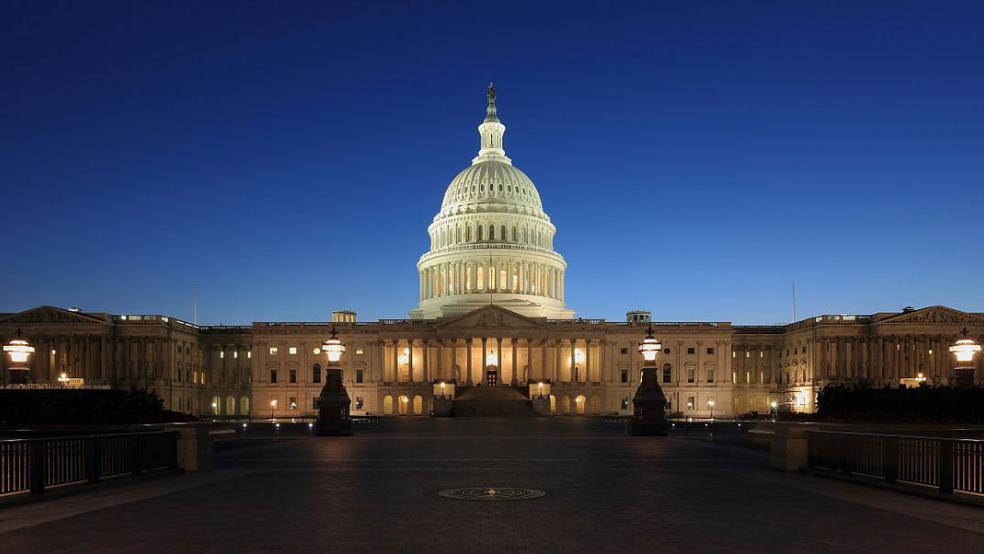The federal budget ran a surplus of $90 billion in August, according to the monthly budget review released Monday by the Congressional Budget Office. The August tally brings the deficit for the 2023 fiscal year, which began in October 2022, to $1.586 trillion so far.
By comparison, the cumulative deficit in the first 11 months of the previous fiscal year was $946 billion — a difference of about $600 billion. Outlays were 3% higher during the October to August period in 2023 compared to 2022, CBO said, while revenues were 10% lower.
CBO noted that the Supreme Court’s rejection of President Joe Biden’s plan to forgive hundreds of billions of dollars in student loan debt played a role in the size of the deficit numbers, both this year and last.
“The deficit was larger in 2022 and is smaller in 2023 by amounts that are largely offsetting because of actions related to the Administration’s planned cancellation of outstanding student loans for many borrowers,” CBO said.
Last year, the cost of the planned program was recorded as $370 billion; now that cost has been largely reversed since the program will not go into effect, with a reduction in outlays of $330 billion. (The difference between the two figures is attributed to the cost of the administration’s new income-driven student loan repayment plan.)
The credit for the student loan program significantly affects CBO’s estimate for the full-year deficit, which now stands at an estimated $1.7 trillion. “Without the outlay savings recorded in August 2023 to reflect the Supreme Court’s ruling, that shortfall would be about $2.0 trillion,” CBO said. At the same time, excluding the cost of the plan from the 2022 deficit numbers would reduce the size of last year’s deficit to roughly $1 trillion. “Excluding the effects of the changing plans for student loans, the deficit is on track to double from $1.0 trillion in 2022 to $2.0 trillion in 2023,” CBO added.
The deficit hawks at the Committee for a Responsible Federal Budget noted the effect the now-canceled student loan plan was having on the budget numbers. “The deficit is on track to be double what it was last year after excluding the effects of the President’s overturned student debt cancellation plan,” the group said in a statement. “That is doubly disturbing given that the economy is growing and unemployment remains low; usually the deficit shrinks, not grows, during economic expansions. It’s just another sign of the deteriorating fiscal conditions of the federal budget and the immense challenges we face in turning the tide towards fiscal sustainability.”
Note: The original version of this article stated that the federal budget recorded a $90 billion deficit in August; the text has been corrected to reflect that the budget produced a surplus of the same amount, according to CBO estimates.




